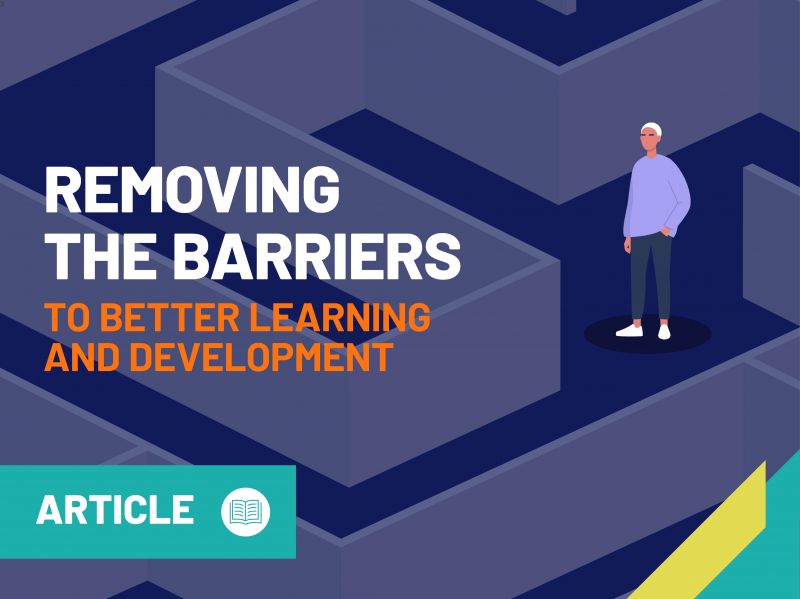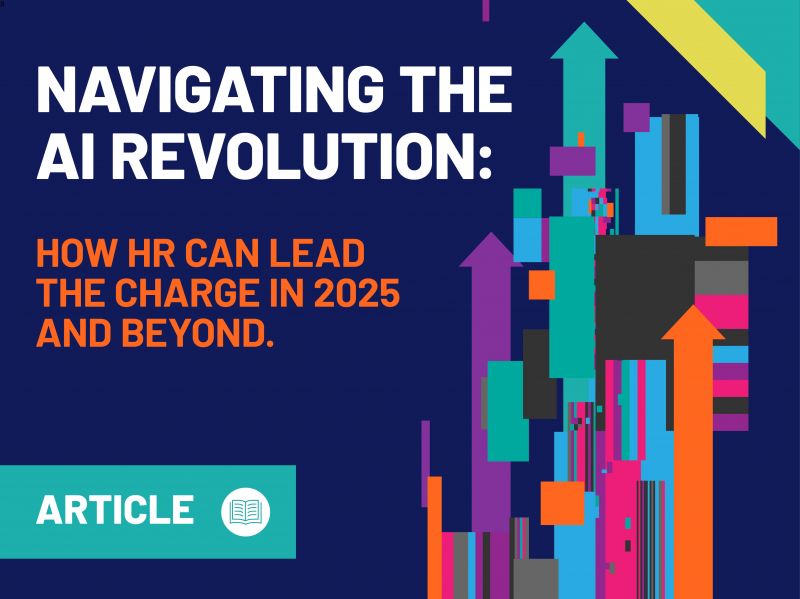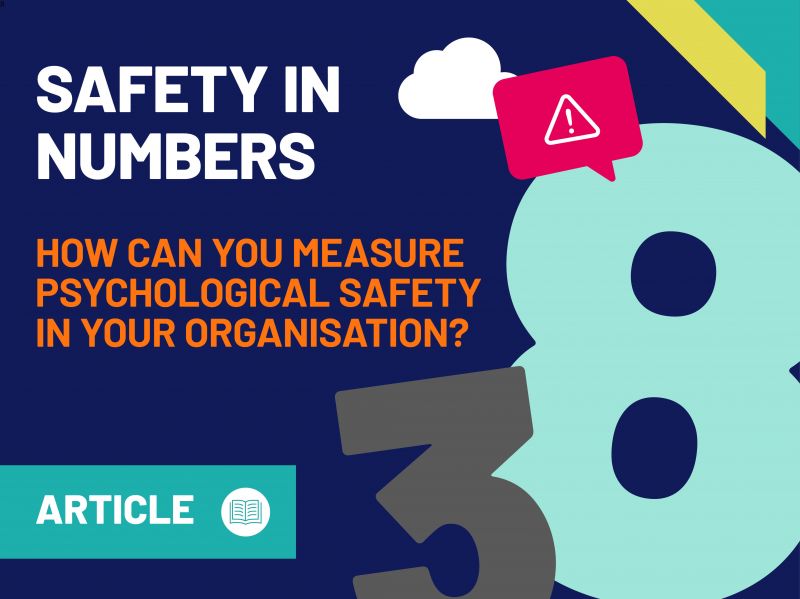Planning pay conversations? Mind the perception gap
The cost-of-living conversation isn’t going away any time soon.
And how we talk about it with our employees is only going to come under greater scrutiny, thanks to the widening gap between reality and perception.
Understanding this is crucial if we’re going to have empathetic, but realistic, conversations about pay and expectations.
Data from the latest Ipsos Cost of Living Monitor shows that while inflation may be coming down, how people actually feel about their finances, and what they are experiencing day-to-day, is a different story.
Here’s what the data is telling us about some of those gaps in perception, and what the reality looks and feels like for workers globally.
Clearly, local context plays its part, for example in the UK where forthcoming National Insurance changes add further pressures to payroll.
If you’d like to explore the wider findings, Ipsos’ latest report gives a global picture of the cost of living. And if you’d like to get specific on what this looks like for the conversations happening in your organisation, let’s talk.
Key Considerations for Pay Conversations and Communication
Annual pay reviews represent a critical juncture where employee expectations, hopes, and organizational realities can sometimes create tension.
Pay freezes and other less favourable outcomes can be particularly challenging when employees are already feeling increased pressure and an expectation for better compensation. In these circumstances, it is essential to acknowledge the emotional and financial strain employees may be experiencing.
While we may not be able to avoid these difficult realities, we can approach the conversations with empathy and professionalism, ensuring that the dialogue is constructive. By offering meaningful support and demonstrating a genuine commitment to understanding and addressing our people’s needs, we can foster a more positive and supportive outcome, even in the face of difficult decisions.
Here’s a few things to consider.
1.Connect reward to the bigger picture
Transparency is key for trust and this needs to come from the top down. Empowering leaders to communicate about the tough decisions the business is having to take will help connect your people to the bigger picture, giving crucial context to those individual discussions and decisions.
2. Create Safe Spaces for Difficult Conversations (and prioritise listening)
Compensation discussions can be particularly challenging, as individuals may have varying levels of comfort and confidence. It is essential to foster a psychologically safe environment where open, honest, and respectful conversations can take place. And capturing that feedback and sentiment via your listening channels will help you be agile when crafting messaging that reflects the concerns of your people.
3. Signpost Financial Wellbeing Resources
Ensure that all employees are fully informed about the financial wellbeing resources available to them, including any third-party programs, benefits packages, or support initiatives. Clear communication on how employees can access these resources is critical to their understanding and utilisation.
4. Be Mindful of Optics
Be cautious when scheduling or announcing high-budget global events during periods of cost-cutting or financial uncertainty. Such actions may inadvertently exacerbate frustration and resentment. It’s important to align messaging with the broader organizational context and employee sentiment.
5. Equip People Managers to Lead Meaningful Conversations
Support your managers in having constructive and empathetic conversations with their teams. Provide them with clear briefings, resources to direct employees to, opportunities to ask their own questions and guidance on navigating difficult discussions. Empowering managers with the right tools and knowledge is crucial to maintaining trust and engagement during sensitive times.
Ipsos Karian and Box








